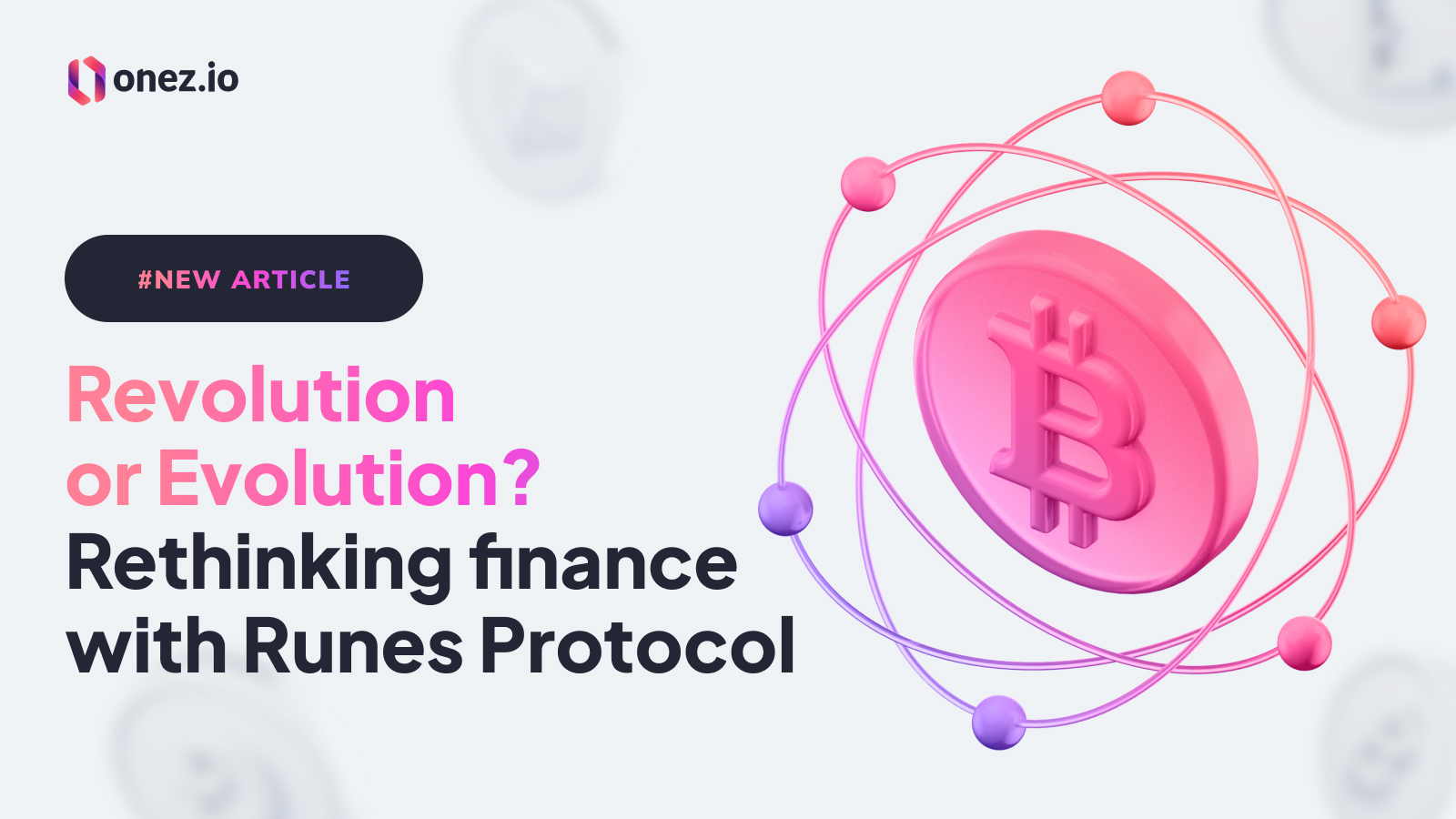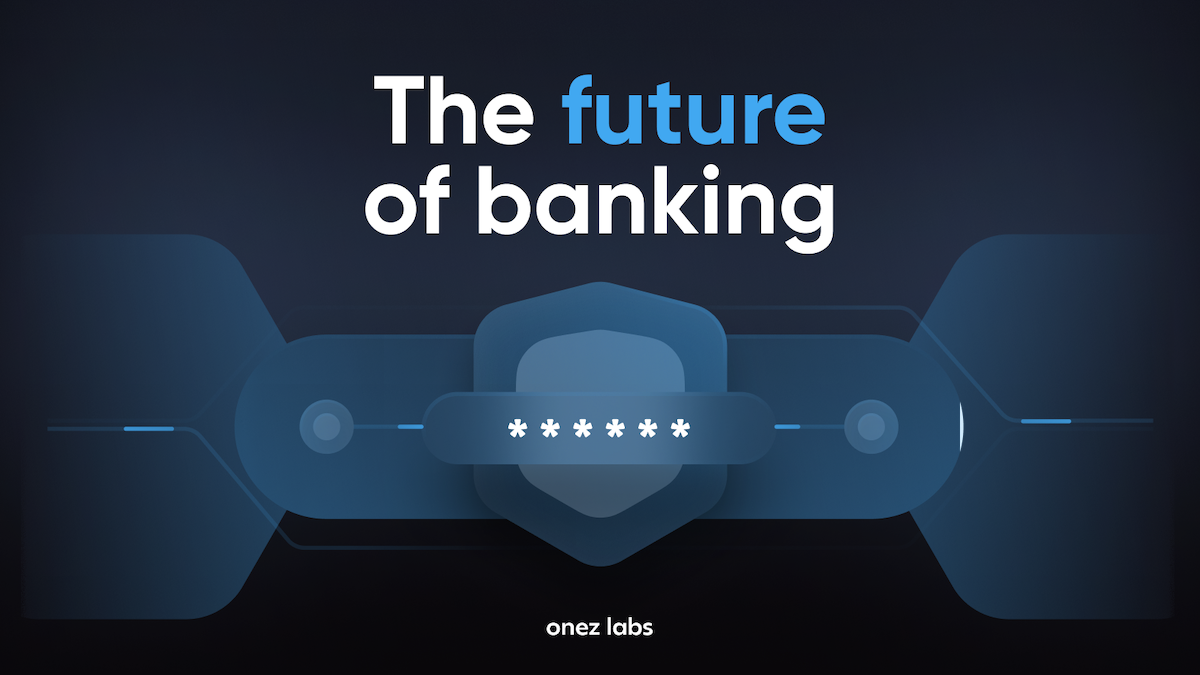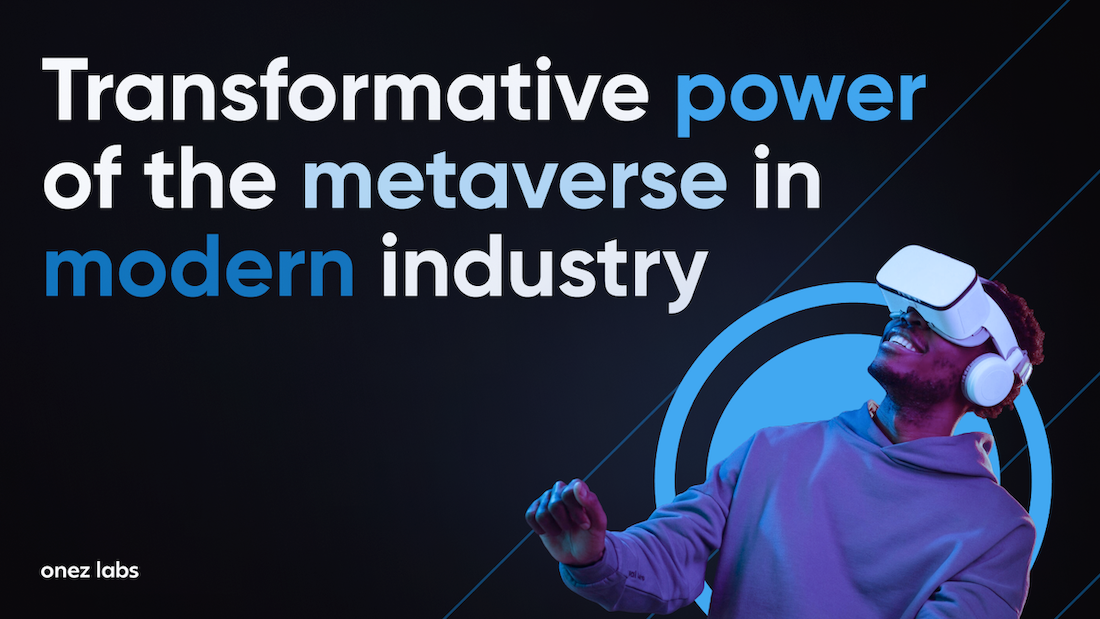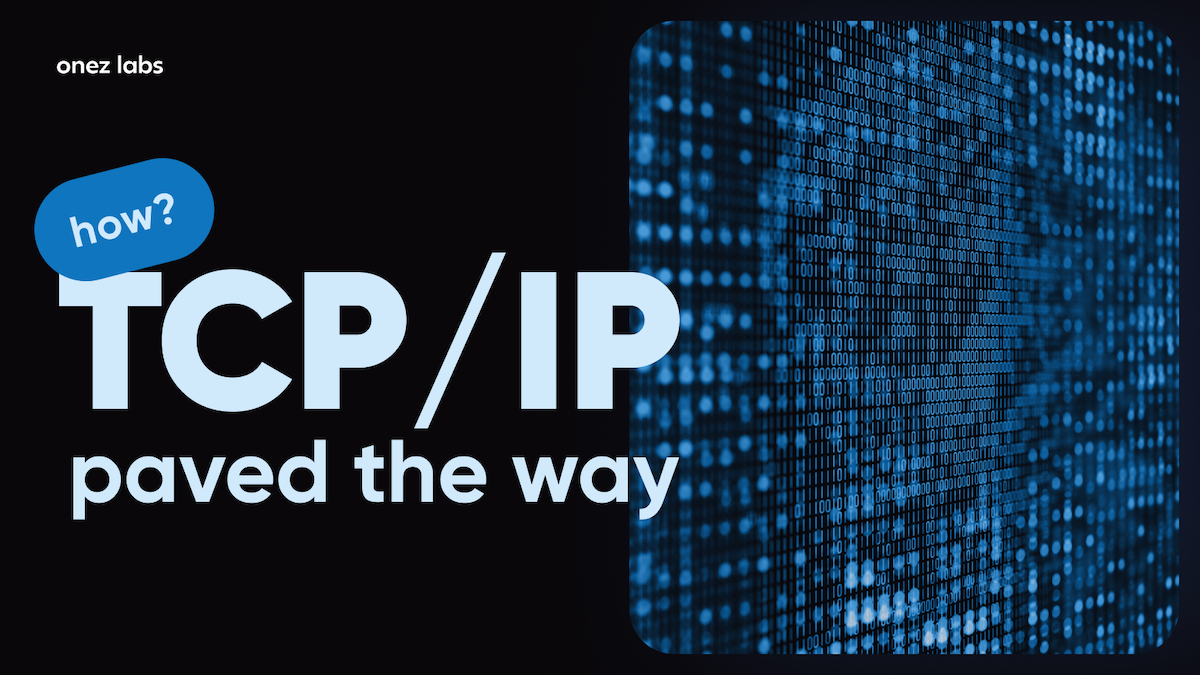Table of contents
- Introduction
- The genesis of Runes Protocol
- Revolutionary aspects of Runes Protocol
- Evolutionary perspectives on Runes Protocol
- Integration with Onez White Label Wallet
- Conclusion
- F.A.Q
Introduction
In the world of financial technology, things are always changing and pushing beyond what we thought was possible. One of these big changes is blockchain technology. It allows for more transparency, security, and decentralization. Runes Protocol is a leader in this area. It uses the power of the Bitcoin blockchain to help with a variety of financial uses. This new system could change how we see finance and blockchain technology. We want to know if Runes Protocol will be a major shift in the financial industry or if it’s just the next step in the ongoing progress of financial technologies.
The genesis of Runes Protocol
Runes Protocol is an innovative solution developed by forward-thinking Bitcoin experts. Its goal is to improve Bitcoin’s features without altering its fundamental principles. The protocol brings a unique way to tokenize assets directly on the Bitcoin blockchain, unlike other methods that employ complicated layers or different blockchains. Runes Protocol uses a UTXO (Unspent Transaction Output) model, which harmonizes effortlessly with Bitcoin’s current structure. This ensures the network is improved, not hindered. The process of issuing and managing tokens is simplified, expanding Bitcoin’s use and maintaining its decentralized nature. The aim is to offer a scalable, practical, and decentralized way for issuing assets, paving the way for a new period of financial innovation.
Revolutionary aspects of Runes Protocol
Runes Protocol represents a considerable shift towards a more transparent and decentralized financial environment. Its uniqueness stems from its ability to transform traditional finance by enabling direct transactions between peers, eliminating the need for middlemen. This change not only cuts down transaction costs but also speeds up transaction times significantly.
Runes Protocol uses a UTXO-based model, differing from many other cryptocurrencies which use account-based models. This method aligns well with Bitcoin’s existing structure, enhancing its scalability and security. The Unspent Transaction Output (UTXO) model is a key concept in blockchain technology, especially in the architecture of Bitcoin. Instead of tracking balances as a single value like traditional bank accounts, the UTXO model records each transaction output as separate units of value. Every transaction generates one or more UTXOs that signify the remaining funds from the transaction.
UTXO model highlights
- Atomicity. Transactions using the UTXO model are all or nothing. They either fully work or don’t work at all. This keeps the blockchain stable and stops invalid transactions.
- Privacy. UTXOs don’t reveal who owns them or how much they have. This gives users some privacy. But, people can still study transaction patterns and addresses to learn more.
- Flexibility. The UTXO model lets users build and check transactions in different ways. Users can use several UTXOs to make transactions of different sizes. This makes it easier to manage money.
- Efficiency. UTXOs make it easy to check transactions because each input points to a specific UTXO that needs to be spent. This makes the checking process simpler and lets the blockchain network grow more easily.
- Security. The UTXO model makes sure that all UTXOs are spent in transactions. This stops double-spending attacks and keeps the blockchain’s transaction history safe.
In general, the UTXO-based model is important for the working and safety of blockchain networks like Bitcoin. It provides a decentralized and effective way to handle transactions and money.
Another distinctive feature of Runes Protocol is its design, which includes a mechanism to prevent unnecessary data from bloating the blockchain. This feature addresses a common issue linked to issuing tokens on blockchain platforms. It could lead the way towards a more sustainable and scalable method for tokenizing and managing assets on the Bitcoin ecosystem.
Unique features of Runes protocol
- UTXO model. Runes Protocol uses a UTXO-based system, unlike the account-based models common in many blockchain platforms. This improves transaction privacy and state management efficiency.
- Bitcoin integration. Runes Protocol uses Bitcoin’s security and network effects, providing a strong platform for tokenization without needing an additional layer or new infrastructure.
- Reduced blockchain clutter. Runes Protocol is designed to lessen the impact on Bitcoin’s blockchain size, tackling scalability and efficiency issues by preventing unnecessary data growth.
- Decentralized asset management. It enables a decentralized method for managing assets, letting users issue, transfer, and manage tokens securely and transparently.
- Improved scalability and security. The design of the protocol prioritizes the scalability and security of Bitcoin, making it fitting for various financial applications.
Case studies and applications
- Tokenization of real-world assets. Runes Protocol has been utilized to tokenize real estate, enabling fractional ownership and simplifying the investment process in property markets.
- Decentralized finance (DeFi) platforms. By facilitating the creation of fungible tokens, Runes Protocol enables the development of DeFi applications on the Bitcoin blockchain, such as lending platforms and decentralized exchanges.
- Supply chain management. Companies have explored using Runes Protocol for tracking and verifying the authenticity of products in supply chains, leveraging the transparency and security of Bitcoin.
These features and applications underscore Runes Protocol’s potential to revolutionize the financial ecosystem by providing a more efficient, secure, and decentralized framework for asset management and financial transactions.
Evolutionary perspectives on Runes Protocol
The Runes Protocol represents not just a revolutionary leap in the realm of blockchain and financial technologies, but also a significant evolutionary step. This perspective acknowledges that while the protocol introduces novel functionalities and efficiencies, it builds upon a foundation laid by previous innovations in the financial sector and blockchain technology.
Historical context and financial Innovations
- Digital currency evolution. The journey from traditional banking systems to digital currencies set the stage for blockchain technology, with Bitcoin being the first successful implementation. Runes Protocol can be seen as an evolution of this journey, enhancing Bitcoin’s capabilities.
- Growth of decentralized finance (DeFi). DeFi has reimagined financial services, removing intermediaries and offering decentralized alternatives. Runes Protocol extends this vision by enabling tokenization directly on Bitcoin, aligning with DeFi’s principles of open and inclusive finance.
- Tokenization of assets. The concept of representing real-world assets as digital tokens on a blockchain has gained traction in recent years. Runes Protocol’s approach to tokenization is an evolutionary step, leveraging Bitcoin’s security and network effects to broaden the applicability of tokenized assets.
The role of Runes Protocol in financial technology evolution
- Bridging traditional and digital finance. By facilitating the tokenization of assets on the most established blockchain, Bitcoin, Runes Protocol serves as a bridge between traditional financial systems and the emerging digital economy.
- Enhancing Bitcoin’s utility. The protocol exemplifies how Bitcoin’s underlying technology can be extended beyond a peer-to-peer payment system to support a wide range of financial applications, including DeFi and asset tokenization.
- Fostering innovation and inclusion. Runes Protocol contributes to the ongoing evolution of financial technologies by encouraging innovation, reducing barriers to entry, and promoting a more inclusive financial ecosystem.
In summary, the evolutionary perspective of Runes Protocol situates it as a natural progression in the maturation of blockchain technology and financial services. By building on the foundations of Bitcoin and DeFi, Runes Protocol exemplifies how the financial sector continues to evolve, integrating new technologies to meet the changing needs of society.
Integration with Onez White Label Wallet
The integration of Runes Protocol with Onez white-label wallet represents a significant advancement in the accessibility and functionality of decentralized finance (DeFi) solutions. Onez offers a comprehensive Web3 ecosystem for businesses, providing a range of white-label products to facilitate the integration of blockchain technology into their operations seamlessly.
Empowering clients with advanced DeFi functionalities
- Our white-label wallet, powered by Runes Protocol, empowers clients with advanced DeFi functionalities. It allows them to tokenize assets, facilitate peer-to-peer transactions, and access decentralized financial services directly within the platform.
- By integrating the Runes Protocol, we enhance our white-label wallet solution. This provides businesses and users with a secure, efficient, and user-friendly interface to interact with DeFi applications on the Bitcoin blockchain.
Streamlining asset tokenization and management
- The integration of Runes Protocol streamlines the process of asset tokenization and management, enabling businesses to digitize assets and tokenize them securely on the Bitcoin blockchain. This functionality opens up new possibilities for asset-backed securities, tokenized real estate, and other innovative financial products.
- Onez white-label wallet simplifies the issuance, transfer, and management of tokens, providing businesses with a powerful tool to unlock the potential of blockchain technology for asset tokenization and decentralized finance.
Enhancing financial inclusion and accessibility:
- The joint offering of Runes Protocol and Onez’s white-label crypto wallet boosts financial inclusion and accessibility. It provides users with straightforward access to decentralized financial services, removes entry barriers, and empowers both individuals and businesses to engage in the digital economy.
- Onez.io, using Runes Protocol within its white-label wallet solution, enables businesses to give their customers a secure and seamless experience with decentralized finance. This opens up new revenue streams and growth opportunities.
In conclusion, the integration of Runes Protocol with Onez.io’s white-label wallet marks a significant advancement in the development of decentralized finance. By uniting the innovative features of Runes Protocol with the comprehensive services of Onez.io’s platform, businesses and users can access advanced DeFi functionalities, streamline asset tokenization and management, and encourage financial inclusion and accessibility worldwide.
Conclusion
In the world of finance, the line between evolution and revolution is often blurred, with innovations simultaneously building upon the past and forging paths towards uncharted territories. Runes Protocol embodies this intersection, representing both a revolutionary leap forward in the realm of blockchain-based financial technologies and a significant evolutionary step in the broader financial ecosystem. By facilitating the tokenization of assets directly on the Bitcoin blockchain, it introduces a novel solution that promotes decentralization, efficiency, and inclusivity in finance.
The integration of Runes Protocol with Onez.io’s white-label wallet only reinforces its potential, offering a comprehensive platform for businesses and users to access and engage with decentralized financial applications. As we continue on this journey of financial evolution, it is innovations like Runes Protocol that will shape the landscape, redefine possibilities, and drive the sector towards a more inclusive and decentralized future.
F.A.Q
What is Runes Protocol and what does it do?
Runes Protocol is a blockchain-based financial technology that facilitates the tokenization of assets directly on the Bitcoin blockchain. It promotes decentralization, efficiency, and inclusivity in finance by streamlining the issuance and management of tokens.
How does Runes Protocol differ from other blockchain platforms?
Unlike many blockchain platforms that use account-based models, Runes Protocol employs a UTXO-based system, which enhances transaction privacy and enables more efficient state management. It is designed to minimize unnecessary data expansion, addressing scalability and efficiency concerns often associated with token issuance on blockchain platforms.
How does the integration of Runes Protocol with Onez.io’s white-label wallet enhance DeFi functionalities?
The integration allows businesses and users to tokenize assets, facilitate peer-to-peer transactions, and access decentralized financial services directly within the Onez.io platform. It simplifies the issuance, transfer, and management of tokens, providing a powerful tool for asset tokenization and decentralized finance.
How does Runes Protocol contribute to financial inclusion and accessibility?
Runes Protocol and our white-label crypto wallet promote financial inclusion and accessibility by providing easy access to decentralized financial services. This integration eliminates barriers to entry and allows individuals and businesses to participate in the digital economy.
What potential use cases does Runes Protocol have?
Runes Protocol has been used to tokenize real estate, enabling fractional ownership and simplifying the investment process in property markets. It also facilitates the creation of DeFi applications on the Bitcoin blockchain, such as lending platforms and decentralized exchanges. In supply chain management, companies have explored using Runes Protocol for tracking and verifying the authenticity of products.



